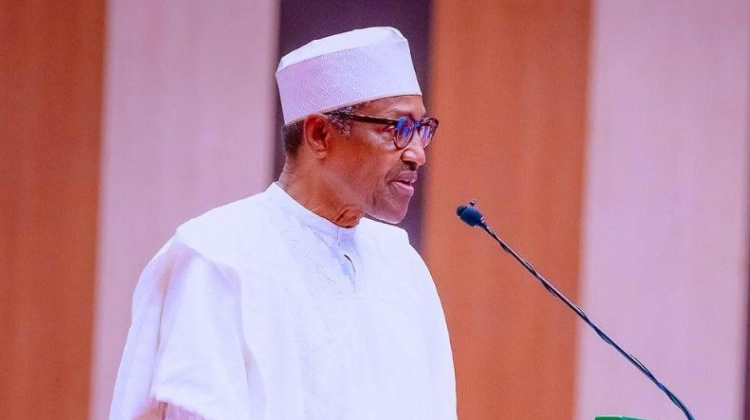
The President, Major General Muhammadu Buhari (retd.), on Tuesday, said corruption in the education sector was undermining the Federal Government’s investments.
Buhari spoke at the Fourth National Summit on Diminishing Corruption in the Public Sector held at the State House, Abuja.
This came about eight months after members of the Academic Staff Union of Universities, on February 14, started their ongoing strike.
Buhari said, “Incessant strikes, especially by unions in tertiary education, often imply that the government is grossly underfunding education but I must say that corruption in the education system from the basic level to the tertiary level has been undermining our investment in the sector, and those who go on prolonged strikes on flimsy reasons are no less complicit.
“The 1999 Constitution places a premium on education by placing it on the Concurrent List, thereby laying the responsibilities of budgeting and underwriting qualitative education on both the federal and state governments.”
The President argued that allocation to education in the federal budget should not be considered via allocation to the Federal Ministry of Education and also academic institutions alone but should include an allocation to the Universal Basic Education Fund, transfers to TETFUND and refunds from the Education Tax Pool Account to TETFUND among others.
The President also noted the need for closer scrutiny of funds used by tertiary institutions, decrying what he called an “over-bloated payroll” in many schools.
He added, “The government will continue to fund education within realistically available revenue.
“I call on stakeholders to demand accountability in the administration of academic institutions and for unions to interrogate the bloated personnel and recurrent expenditure of their institutions. Let me also implore the unions to collaborate with the government to put names and faces on the payroll.”
While noting that the government cannot fund education alone, Buhari tasked academics to attract endowments, research, and other grants to universities, polytechnics, and colleges of education similar to what obtains in other countries.
Presenting the findings of the Ethics and Integrity Compliance Scorecard 2022, former Chairman of the Independent National Electoral Commission, Attahiru Jega, revealed that none of the government ministries, departments, and agencies evaluated attained full compliance.
Jega also urged the government to “enhance the enforcement of the statutory provisions on the rendering of periodic and annual audited reports by MDAs to the Office of the Auditor-General of the Federation and the Public Account Committee of the National Assembly by swiftly applying commensurate sanctions in the applicable statutes.”
He noted that perhaps only a commissioned research project would do justice to the issues of corruption in the educational sector.
Buhari, Gbajabiamila’s recommendations
Meanwhile, President Buhari on Tuesday received recommendations from the House of Representatives Speaker, Femi Gbajabiamila, who arrived at the Presidential Villa, Abuja, at 3 pm, in the company of his Deputy, Ahmed Wase, and noted that they will return on Thursday for further discussions.
Speaking after the meeting, Gbajabiamila said, “After a series of engagements with ASUU, the leadership came up with recommendations to the President for approval. They came to discuss with the president about the recommendations. The president had a good listening ear; he accepted the details of the report.
“We have another meeting on Thursday to take a final decision after he has digested the report.
“We are done with our meeting with ASUU. We are hopeful because we had a good engagement and he accepted the report and we clarified a few grey areas,” the Speaker said.





